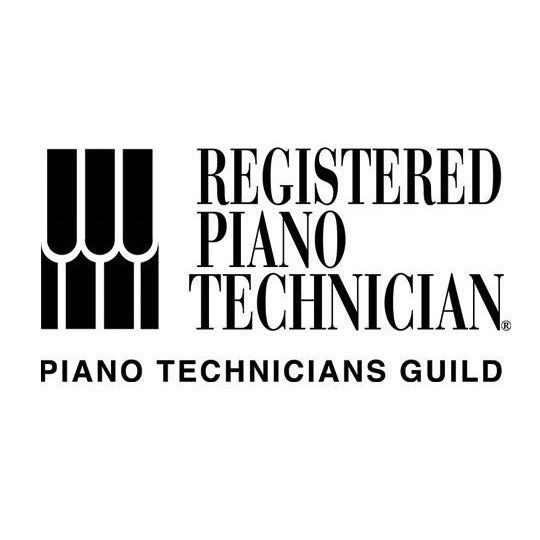Piano FAQ
- How Often Should My Piano Be Serviced?
Every piano requires a different maintenance level, depending upon the quality of materials used, the design, and the level of craftsmanship. Manufacturers can provide general advice on tuning frequency, but Ken Coleman can give specific recommendations based upon usage and locale.
- Why Does Your Piano Go Out Of Tune?
There are 5 common reason your piano goes out of tune
- The piano is new
- The piano has been recently moved
- The weather has gone through seasonal changes in humidity and temperature
- The piano is located near an air vent, frequently open window, or in the path of a breezeway
- The piano has had heavy or excessive playing
- If My Piano Is No Being Played, Do I Need To Tune It?
Yes, some pianos stay in tune for a long time, while others do not. Although there are many reasons for this, changes in humidity are most often the actual cause.
- How Often Should I Tune My Piano?
It's dependent on several factors:
- The age of the instrument,
- How much it is played
- Environmental changes, such as temperature and humidity, can influence the frequency of a piano tuning.
Of all of these changes, humidity is most often the most significant cause of your piano's going out of tune. Most pianos found in homes in the U.S., once or twice a year, are the recommended frequency.
- Why Do My Piano Keys Feel Heavy and Sluggish?
Over time, dirt, dust, wear, and tear can change those specifications making the touch of your piano keys feel heavy and sluggish. Cleaning, lubrication, and action regulation will usually restore your piano's keys' original touch and feel.
Occasionally, cleaning, lubrication, and action regulation are not enough to make your piano keys feel lighter. Careful examination can sometimes expose a touch weight problem. The good news is that this can be corrected, which results in a piano with a much more consistent and controllable touch.
- Where Should I Place My Piano?
There are a few things to consider when choosing a location for your piano.
- Avoid placing it in front of a window. Direct sunlight and exposure to the greater temperature changes can damage the finish and cause premature aging. It can also cause it to go out of tune more quickly.
- Avoid placing the piano in the direct path of the airflow. This will also cause the piano to go out of tune more quickly. The sounding board of the piano is made of wood, which will absorb and desorb humidity.
- Avoid placing the piano in the pathway of a breeze when you open a window on your home's backside and have the front door open to create an airflow through the house. Doing this affects the piano in a similar way as placing it near an air vent.














